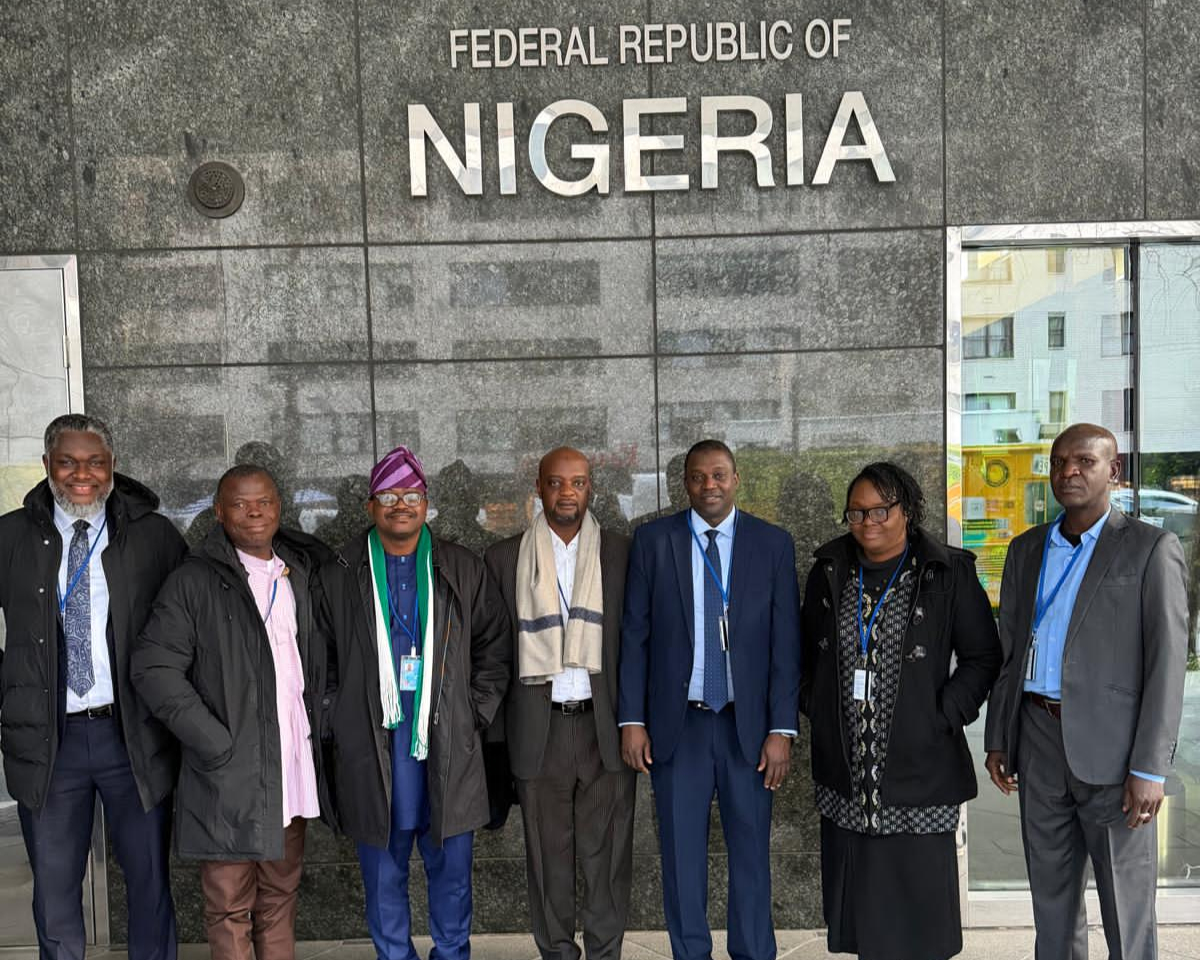 With facts emerging on the possibility of Information and Communication Technologies (ICTs) fueling the global economy in the next few decades, government’s roles have been identified as key to achieving this objective.
With facts emerging on the possibility of Information and Communication Technologies (ICTs) fueling the global economy in the next few decades, government’s roles have been identified as key to achieving this objective.
According to the International Telecommunications Union (ITU), ICTs will play huge role in helping the United Nations (UN) achieve its new Sustainable Development Goals (SDGs), which follow and expand on the Millennium Development Goals (MDGs), to end poverty, fight inequality and injustice, and tackle climate change by 2030.
Already, ITU, as the UN’s specialized agency for ICTs, is forging a path forward on this critical issue.
At the recent World Telecommunication/ICT Indicators Symposium, held in Hiroshima, Japan, Director of ITU Telecommunications Development Bureau, Brahima Sanou, noted, “SDGs are about problems. ICTs are about solutions. None of the SDGs can be achieved without ICTs.”
Sanou stressed that ICTs are about people, noting that the mission is to bring the power of ICTs to ordinary people wherever they live. “It is a very noble mission. Let us not miss the opportunity.”
Indeed, Japanese Minister for Internal Affairs and Communications, Sanae Takaichi, stated that the discussions held at the symposium would be reflected in the ICT Ministers’ meeting at the G7 Summit in Takamatsu, Japan on April 29 to 30.
Framing the challenges at a ministerial round‐table discussion at the meeting, ministers and deputy ministers shared the ICT challenges and successes of their countries. Many mentioned the cost of ICT services as perhaps the most critical limitation to connecting larger segments of their respective populations.
According to the Guinea Bissau’s Minister of Transport and Communications, Joao Bernardo Vierra, in order for ICTs to play a very important role in SDGs, government must work on lowering the cost.
He added that Goal No. 1 of the SDGs (No Poverty) could be strongly advanced if the basic, digital financial services could reach the extreme poor and that Goal No. 3 (Good Health and Well‐Being) could be greatly facilitated through mobile data applications.
Vieira also stressed the importance of the government’s role in fostering ICT innovation. According to him, governments should create incentives, help mobilize capital, and limit regulation for ICT innovators.
Tonga’s Deputy Prime Minister, Siaosi Sovaleni, laid out some of the challenges he faces in a pacific small island developing state. “Providing central services is difficult. Which one is most important? Roads, health — or ICTs?” asked Sovaleni.
“ICT development competes with other more basic and pressing development needs”, he stated.
In its ‘Measuring ICT development: New trends, new challenges”, a special publication by ITU, made available to The Guardian, the UN ICT body, noted that indeed, ICT development competes with other more basic needs, stressing that this was a familiar challenge for many countries, which were in attendance at the form..
But Sovaleni offered some advice: “It’s very important to link the ICT indicators to the other development goals. Having the link to SDGs will help us [government officials] tap into those development resources.”
Zambia’s Deputy Minister of Transport and Communications, James Kapyanga, said his government had to create a seat at the president’s office to deal specifically with ICTs in order for ICTs to vie for funding amid the other pressing development needs. “If you don’t create that seat, ICTs only get lip service,” he said.
Sharing successes and failures, the Philippines found success by making ICTs a key part of broader development efforts, said Secretary of the Department of Science and Technology, Mario G. Montejo.
“In all our initiatives, ICTs are embedded either directly or indirectly,” he said.
He gave two useful examples. One was “Smart Agriculture” programme that guides farmers when to plant, fertilize and harvest, based on site‐specific weather data. The results were that less water and fertilizers were needed and that farmers could lower their costs, improving productivity and efficiency. The other example was disaster preparedness put in place since the deadly 2013 typhoon. Hundreds of data centres were used to gather and analyse data.
“Because of the improvement in early warning, we suffered zero casualties despite many recent disasters,” said Montejo.






